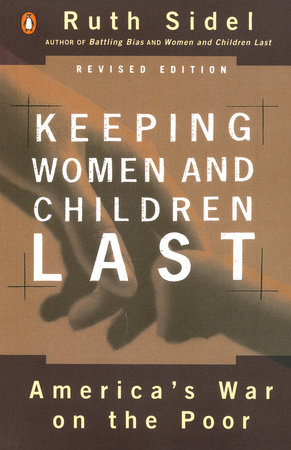


-
Oct 01, 2013 | ISBN 9780307590428
YOU MAY ALSO LIKE
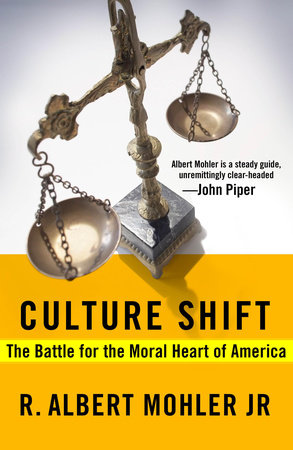
Culture Shift
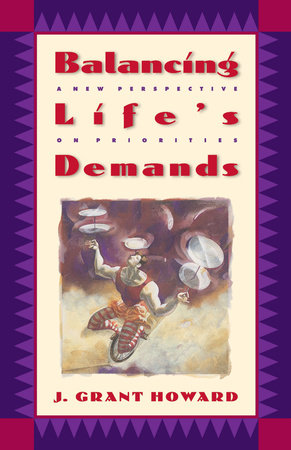
Balancing Life’s Demands
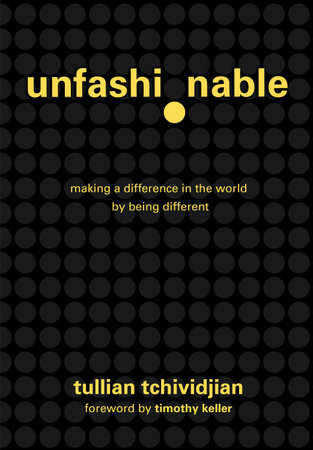
Unfashionable

Good God, Lousy World, and Me
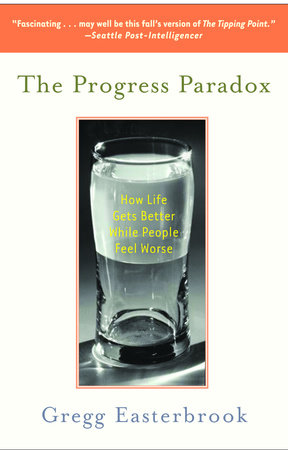
The Progress Paradox

Invitation

Before All Hell Breaks Loose

Guardian of the Republic
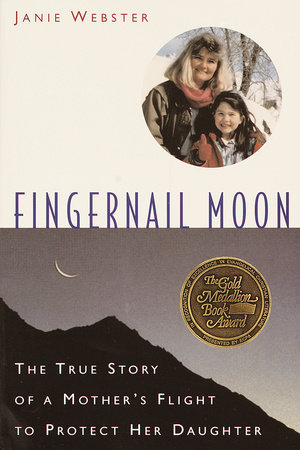
Fingernail Moon
Praise
New York Times Book Review Editor’s Pick
Long-listed for the George Orwell Prize
“The XX Factor reads like a Guns, Germs, and Steel of women’s roles…In short, with The XX Factor Wolf accomplishes a rare feat: She combines real breadth with real depth. No matter how much you think you know about this hotly debated subject, and whether or not you agree with every one of Wolf’s ideas, you will come away from her book with new information—some merely amusing, but some foundation-shaking.” – New York Times Book Review
“Meticulously researched, global in reach and grounded in data, The XX Factor elevates and informs a jaded and adversarial debate that often turns on sound bites and anecdote.”– Wall Street Journal
“Remarkably wide-ranging…[Wolf] provides us with a trove of data, as well as sharp observations.”– New York Review of Books
“Provocative and vital… Accessibly written and enlivened with anecdotes and interviews, Wolf’s research is thoroughly documented and features uncommonly informative footnotes and helpful graphs. Her assessment of how things have changed since the time when ‘marriage was women’s main objective and main career’ and the ways in which ‘the modern workplace detaches our female elites from both history and the rest of female-kind’ will yield productive controversy.”
– Publishers Weekly (starred)
“Teems with interesting statistics and useful knowledge… Solid research and intriguing patterns make for a worthy…read.” – Kirkus Reviews
“This multidimensional and well-researched book shows the enormous advances in the integration of women into the workforce, the benefits that have been received but also the challenges that remain before women will have true equality in the labor market. Compelling, surprising and sometimes frustrating, Wolf’s an agile, able and learned guide to this important subject.” –Joseph E. Stiglitz, 2001 Nobel laureate in economics
“Alison Wolf has made a brilliant, lucid, and original contribution to the debate about women and the modern economy. If you care about women, work and families in the world today, you must read this passionate, fact-filled book.” –Chrystia Freeland, author of Plutocrats
“You may disagree with her interpretations of some of that data, but after reading The XX Factor we can no longer talk blithely about what “women” want and do versus what “men” want and do. Alison Wolf injects a raft of valuable and often surprising data into the “having it all” debate. Wolf shows convincingly that the advances of professional elite women have wrought enormous social change but have also created deeply different life experiences between elite women and their less privileged sisters.”—Anne-Marie Slaughter, President, New America Foundation
“Powerful, brilliantly argued, provocative and original—an outstanding book from a compelling thinker.” —Tim Harford, author of The Undercover Economist and Adapt
“Women have made great strides in the workplace, but in The XX Factor Alison Wolf urges us to look not just at the progress we’ve made but at the distribution of those gains and the many women being left behind. The XX Factor shows us how far we’ve come, but also, more importantly, how far we’ve yet to go.”—Arianna Huffington, founder of The Huffington Post
“Alison Wolf’s skill is to use facts where others have only opinions. The results will infuriate and stimulate almost every reader.” –John Kay, author of Obliquity
“Wolf has written an exhaustive, intelligent, thoughtful and at times provocative and idiosyncratic analysis of what it is to be an elite woman. By laying out the choices that women are faced with and the consequences of their actions, Wolf is ensuring that we do not have to walk blindfold into the future.” –The Financial Times
“Highly readable… A clear, well-written and extensively documented account of the lives of educated women.” –The Times Literary Supplement
“A crucial bible for anyone wanting to check up on anything about contemporary woman.” –The Guardian
“Full of such factual richness… The XX Factor is a feast of data.” –The Sunday Times
“Just when you thought you never wanted to read another word on working woman, here comes Alison Wolf sweeping away the sloppy prejudices and dreary whining, presenting us with some bracing facts. The XX Factor is an exhilarating piece of analysis that explains once and for all why educated women have done so well (though there will never gender equality in the boardroom), and why they have become a class apart to the other four fifths. Cheering and sobering by turns, it puts to shame other books that have been written on this subject.”—Lucy Kellaway, Financial Times columnist
21 Books You’ve Been Meaning to Read
Just for joining you’ll get personalized recommendations on your dashboard daily and features only for members.
Find Out More Join Now Sign In






